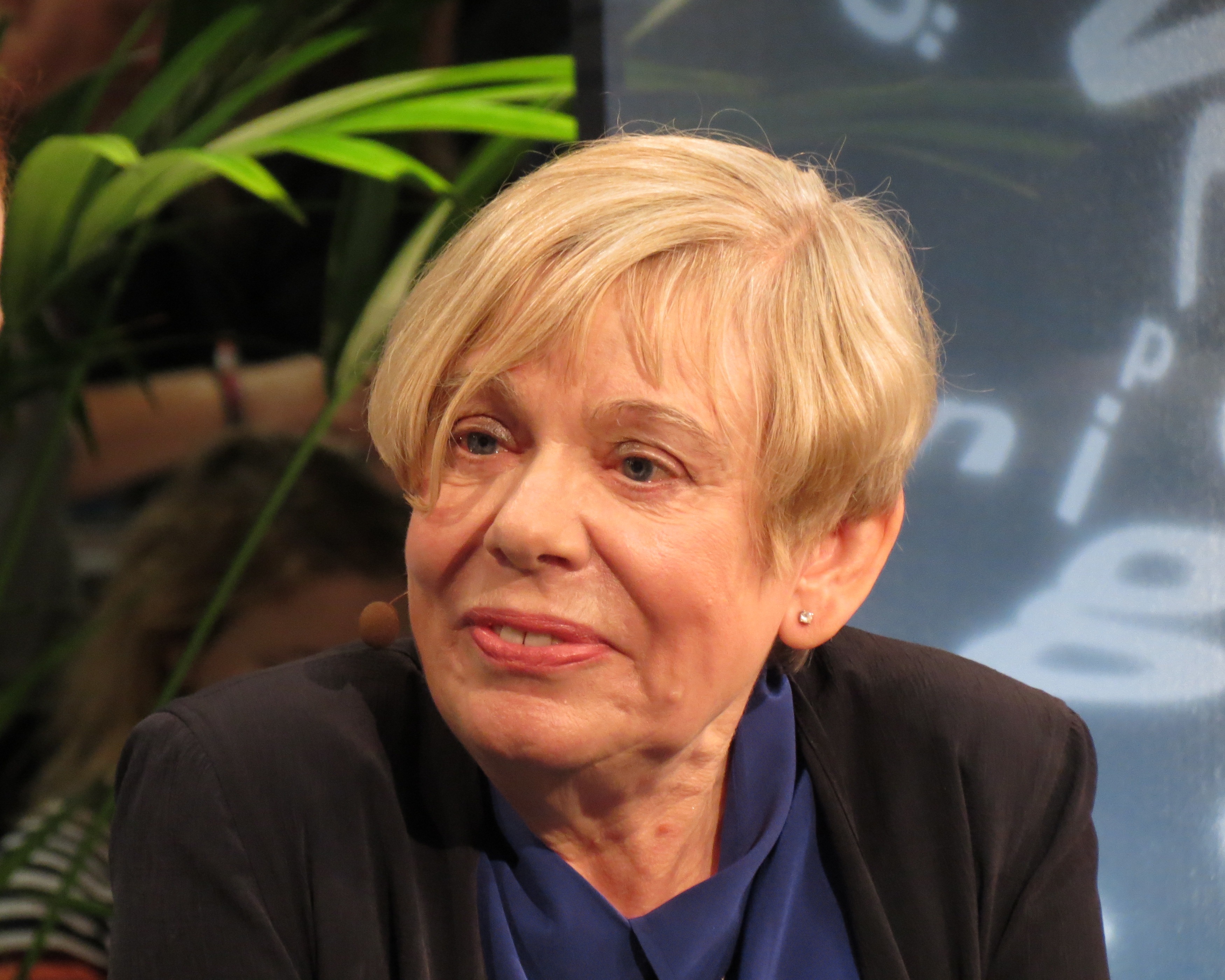Original: «I say that religion isn't about believing things. It’s ethical alchemy. It's about behaving in a way that changes you, that gives you intimations of holiness and sacredness».
Fuente: Citado en Garreau, Joel. Radical Evolution: The Promise and Peril of Enhancing Our Minds, Our Bodies – and What It Means to Be Human. Editorial Crown/Archetype, 2005. ISBN 9780385515764, p. 262.
Frases célebres de Karen Armstrong
Original: «Muhammad became the archetypal example of that perfect submission to the divine, and Muslims, as we shall see, would attempt to conform to this standard in their spiritual and social lives. Muhammad was never venerated as a divine figure, but he was held to be the Perfect Man. His surrender to God had been so complete that he had transformed society and enabled the Arabs to live together in harmony. The world Islam is etymologically related to salam (peace), and in these early years Islam did promote cohesion and concord».
Fuente: Islam (2011).
Original: «As a child, I had a number of strongs religious beliefs, but little faith in God. There is a distinction between in a set of propositions an a faith which eneables us to put our trust in them».
Fuente: Armstrong, Karen. A History of God. Editorial Random House, 2011. ISBN 9781446468661, p. 1.
Karen Armstrong: Frases en inglés
Fuente: A History of God (1993), Chapter 7, God of the Mystics
Fuente: Muhammad: A Biography of The Prophet (2001), Chapter 6, The Satanic Verses
Muhammad: A Prophet of Our Times
Muhammad: A Biography of The Prophet (2001)
Muhammad: A Prophet of Our Times
Muhammad: A Biography of The Prophet (2001)
Muhammad: A Prophet of Our Times
Muhammad: A Biography of The Prophet (2001)
Fuente: Muhammad: A Biography of The Prophet (2001), Chapter 1: "Muhammad The Enemy"
Fuente: Muhammad: A Biography of The Prophet (2001), Chapter 7, Holy War
Islam: A Short History (2000), Chapter 1: Beginnings
Ode interview (2009)
Fuente: The Case for God (2009), Ch. 1 : Homo religiosus, p. 8
Muhammad: A Prophet of Our Times
Muhammad: A Biography of The Prophet (2001)
Fuente: Muhammad: A Biography of The Prophet (2001), Chapter 4: "Revelation"
The Spiral Staircase: My Climb Out of Darkness (2004)
As quoted in Profile at TEDprize.org (2009) http://www.tedprize.org/karen-armstrong/
Ode interview (2009)
“The word qur’an means “recitation.””
It was not designed for private perusal, but like most scriptures, it was meant to be read aloud, and the sound was an essential part of the sense. Poetry was important in Arabia. The poet was the spokesman, social historian, and cultural authority of his tribe, and over the years the Arabs had learned how to listen to a recitation and had developed a highly sophisticated critical ear.
Muhammad: A Prophet of Our Times
Muhammad: A Biography of The Prophet (2001)
